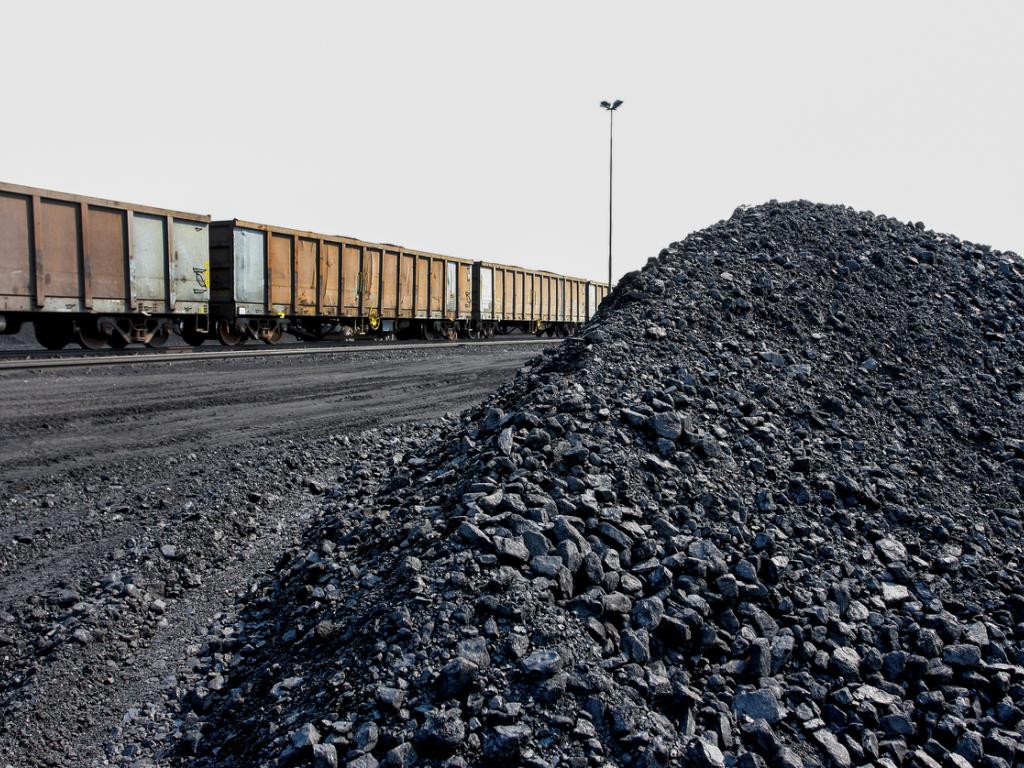Transitioning from Coal to Renewables: Is the Law Ready?

South Africa is without a doubt the biggest source of carbon emissions within Africa having 80% of the country`s electricity still derived from coal. However at a governmental level it is clear that our country is ready to transition to renewables.
Under the Paris Agreement on Climate Change South Africa committed to establish internal obligations to abolish emissions. This goal is further heightened by the recent offer made to South Africa by the US, the UK and the EU called the just energy transition partnership. Accordingly this partnership aims to distribute approximately $8.5 billion in investments in support of South Africa`s carbon emissions reduction.
It cannot be denied that coupled with having investments, South Africa is well equipped for a smooth transition from coal to renewable energy due to having an abundance of sun and wind. However it is submitted that for such a large scale transition to occur careful legal reform needs to occur as the current legal framework in place to encourage renewable energy in South Africa is not conducive and it is uncertain in its regulations.
The regulatory context, outlining the current energy situation in South Africa.
Apart from the development of the White Papers on the Renewable energy Policy of South Africa in 2004, there has been very little development of a structured legal framework particularly promoting renewables, Instead legal reformation has been directed more towards the social, economic and political spheres within South Africa. Fragmented policy interventions which include The Integrated Resource Plan and the Electricity Regulations on the New Generation Capacity Regulations , have all proven to be inconsistent instruments to promote renewable energy. These legal reforms are ambiguous and discretionary, instead of creating predictable and specific strategies for renewable energy to be based on.
The only obvious accomplishment is the creation of the Renewable Energy Independent Power Producer Procurement Programme (REI4P). However this development is still occurring within the context of laws which were principally implemented to regulate and establish conventional fossil sources of energy. Renewable energy procurement in South Africa is only there to backstop the failing coal-powered fleet of the government owned Eskom.
Although The National Energy Act aims to promote integrated energy planning and to ensure increased generation and consumption of renewable energies. However apart from mentioning the need to increase the use of renewable energy, The National Energy Act still fails to have substantive provisions in the act on how that is to be achieved, especially regulatory certainty and incentives.
While the Electricity Regulation Act of 2006 (ERA) aims to promote the use of diverse energy sources and energy efficiency . This aim was further aided by the introduction of a 2011 Amendment Bill which proposed to amend this act by explicitly adding that the aim of the act is to “promote the use of “diverse sources of energy, renewable energy sources, and energy efficiency”. However such a bill was never passed.
At the same time section 34 of Electricity Regulation Act gives the minister of mineral resources and energy authority to increase capacity by implementing new generation capacity regulations. This section can be seen in a positive light in that South Africa acknowledges the urgency of the need to increase capacity from renewables. However a severe flaw in this legislation is that energy procurement is solely dependent on the discretion of the minister in making determinations. It is highly unlikely that this was the objective of the law maker. This unreasonably infers that private sector investors, other spheres of government such as metropolitan municipalities and large corporates wanting to generate electricity are not allowed to do so unless there is a determination.
Section 34 of the Electricity Regulation Act is further flawed in that only Eskom is permitted to purchase electricity from independent power producers. Presently municipalities and other users are not allowed to buy electricity directly from IPPs, an issue unsuccessfully challenged by the City Of Cape Town.
This has not only served to restrict the development of the renewable electricity sector in South Africa, but has also left government and Eskom in an unnecessary liability under power purchase agreements.
If the goal of the Electricity Regulation Act and the regulations for new generation capacity created under it is to grow South Africa's renewable energy sector, then the regulatory limitations mentioned above go against that goal.
These legal provisions should be amended by creating precise renewable energy law aimed at renewables in South Africa's energy mix.
At the same time Coal mining results in excessive physical environmental damage, water and air pollution as well as causes harm to biodiversity conservation.
Pollution control legislation must be supplemented with efficient legislation to reduce the use of polluting non-renewable primary sources. Moreover there should be a delegation of technology and emission standards in renewable energy laws, which is currently not the case with the National Energy Act and Electricity Regulation Act which are the primary instruments for electricity regulation in South Africa.
A transition from coal to renewables can be achieved by creating a framework Renewable Energy Act with certain key features . These include that the act must aim to achieve gradual transition that is based on sustainable energy, energy security, socially equitable that is in line with the Constitution. The framework law should also promote socially owned renewable energy , this can be achieved through the removal of the minister`s discretion in determining when and how much more capacity is required under section 34 of Electricity Regulation Act. Social ownership includes participation by unions, municipalities and local government, and communities. The ideal law would create a framework that had progressive existing laws and legal certainty in order to effectively move South Africa from coal to renewables.
Written Rugare Buthelezi.
